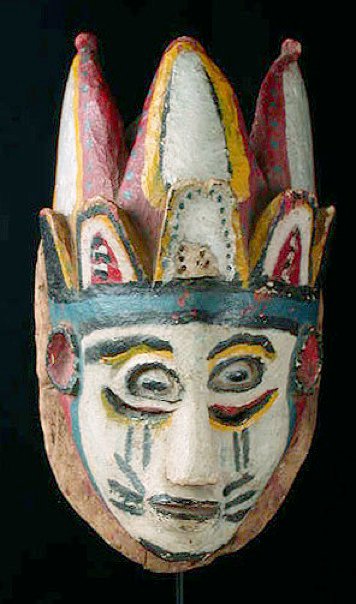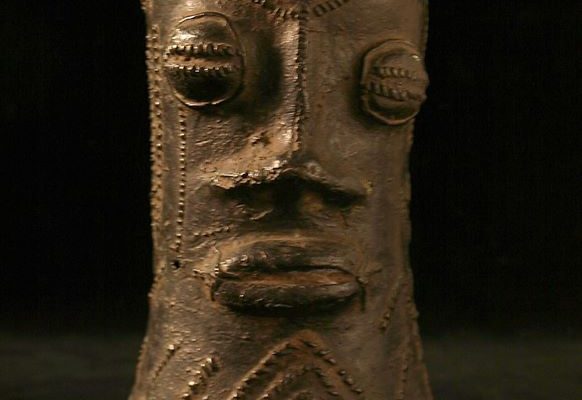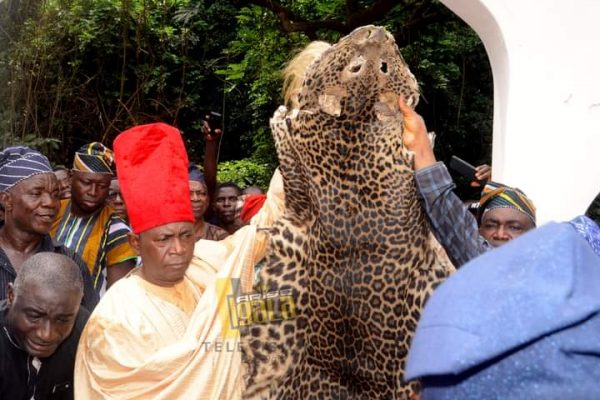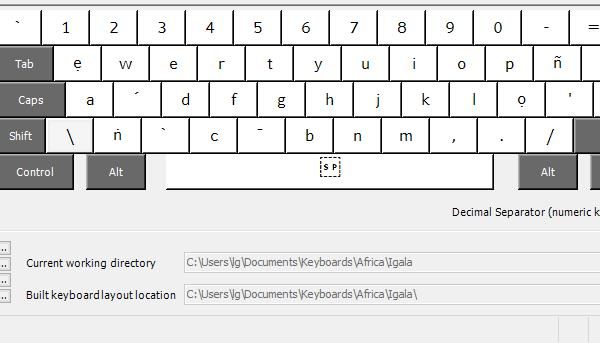Preserving Our Rich Igala Heritage: A Call to Action Igala is the custodian of a remarkable and ancient heritage, and it is heartwarming to witness its endurance throughout the ages. From the dawn of antiquity, through the stone and iron ages, to our contemporary times, Igala heritage has persisted, staunchly resisting the forces seeking to undermine it. These pressures, while man-made, encompass declining literacy in our language, the disappearance of reading and writing materials, and […]
Welcome back, Ki-gala.com
Welcome back, ki-gala.com We are awfully sorry to announce that our Igala studies website, https://www.ki-gala.com, is back on the Internet. We had some technical issues but are glad to say we have put that behind us. You, our esteemed visitors, are welcome back to the website. While on break, certain happenings have taken place around the world and our nation. On the international scene, the Ukrainian war still lingers and has precipitated hikes in food […]
Learn Igala Mother Tongue Online
Kigala-Online introduces a novel Igala literacy course designed for beginners through the medium of English language and the Internet. It is a part of the holistic instructional package aimed at safeguarding the Igala language, which is currently mortally endangered, against the external and internal forces railroading it towards ultimate extinction. My dear compatriots, this may sound alarmist, but the truth is that the Igala mother tongue is hanging precariously at the cliff’s edge, having become increasingly […]
The Psychology of African Royal Cognomens
Merriam Webster Dictionary (1828) defines ‘cognomen’ as a “distinguishing nickname or epithet.” In several cultures of the world, boys that have just attained puberty are likely to seek attention, particularly from their female counterparts. Their innate AGM (Attention-Getting Mechanism) triggers the adolescence crushes that they exhibit, including taking ego-massaging nick-names. An excited teenage boy is wont to declare: “Òmi àkpòlì” (I, the tempest). Another may take the appellation of “Ọ̀kákwū” (Hippopotamus) or “Ọ̀nyẹ̀” (Crocodile). All […]
Free Igala Keyboard Layout For You
It is true that Igala writing has nose-dived precipitously since the subject, ‘Vernacular,’ was removed from the Nigerian school syllabus in the 1970s. But we do not have forever to wait for government to restore it for Igala language to resume being taught in schools. The curriculum to drive that will drive the process was ready for approval since August, 2019, courtesy of Mrs. Ọjọchẹnẹmi Rosemary Oshikọya, the then-Education/Science and Technology Commissioner in Kogi State […]





